Enabling participation in exoplanet research with open source tools
- INAF - Osservatorio Astrofisico di Arcetri, Largo E. Fermi 5, I-50125 Firenze, Italy (angelos.tsiaras@inaf.it)
The field of exoplanets is one of the most rapidly growing, with more than 5000 planets discovered to date. Follow-up observations of Exoplanets is one of the few fields of astronomy that small telescopes can still contribute to ongoing research. In fact, observations with small and medium scale telescopes are becoming more and more popular among amateur astronomers, students and early career scientists as they do not require sophisticated instrumentation. However, an important barrier between observing and producing scientifically valid results is the data analysis and modelling. To assist observers towards this aspect and make it possible for more people to contribute to scientific research I have developed a series of open-source pieces of software that support the work of inexperienced observers. In my presentation I will talk about the importance and the impact of open-source software and I will also present HOPS, a python-based package which includes a user interface and it is compatible with Linux, OS X and Windows. HOPS is designed to analyse data from small and medium class telescopes. HOPS is a user-friendly package where graphic representations, statistics and models are brought together into a single package. With these characteristics, HOPS can be used by amateur astronomers individually or as part of citizen science projects or as an educational for university or school students.
How to cite: Tsiaras, A.: Enabling participation in exoplanet research with open source tools , Europlanet Science Congress 2022, Granada, Spain, 18–23 Sep 2022, EPSC2022-919, https://doi.org/10.5194/epsc2022-919, 2022.

